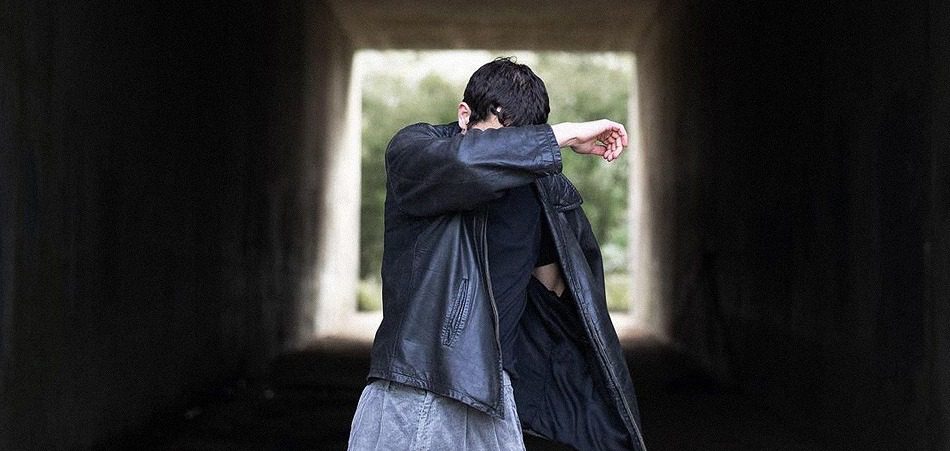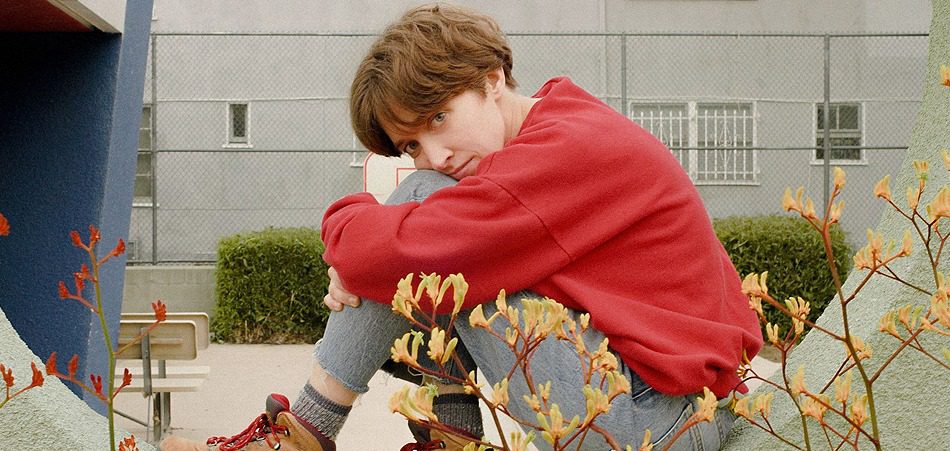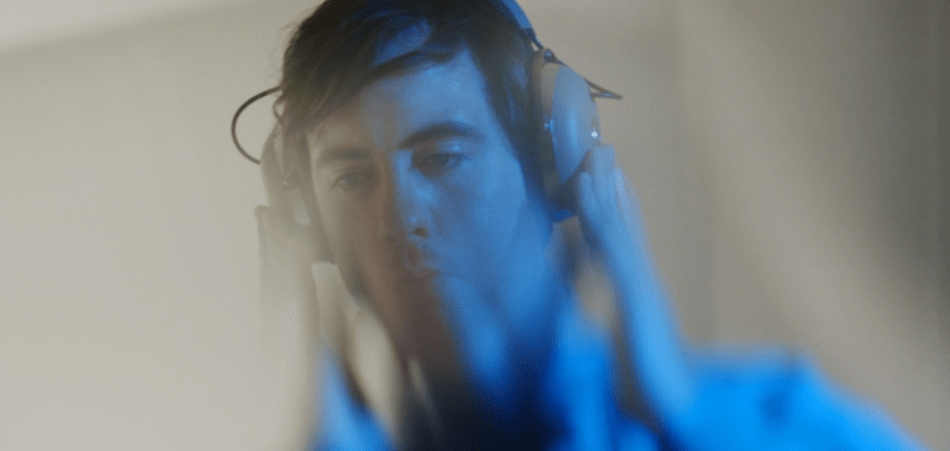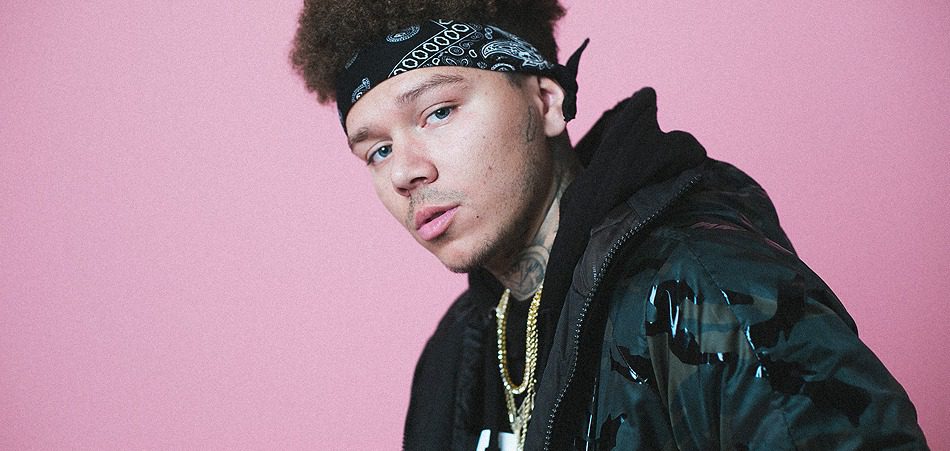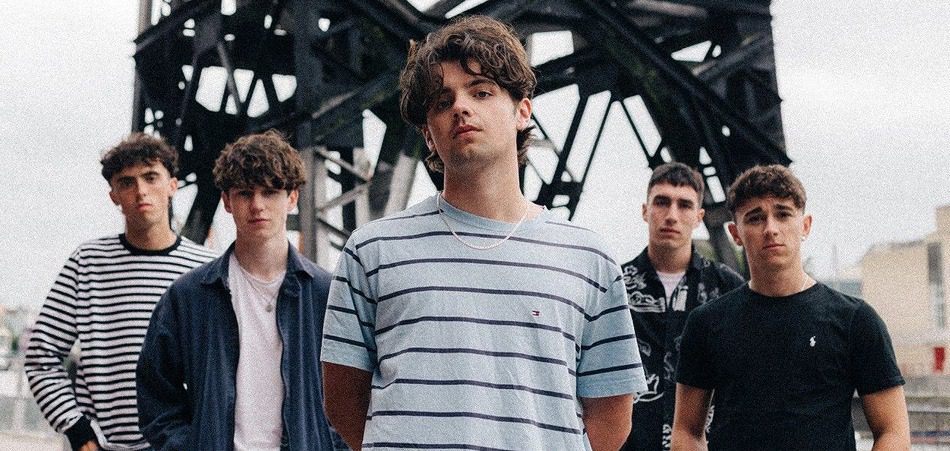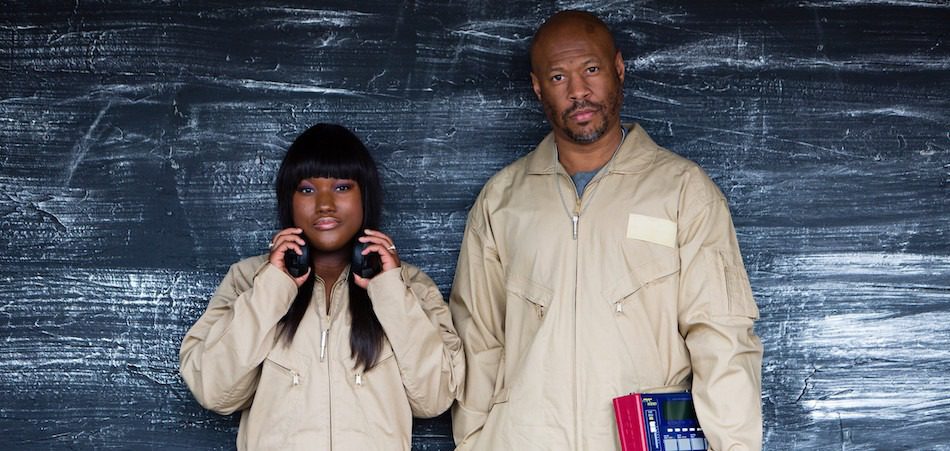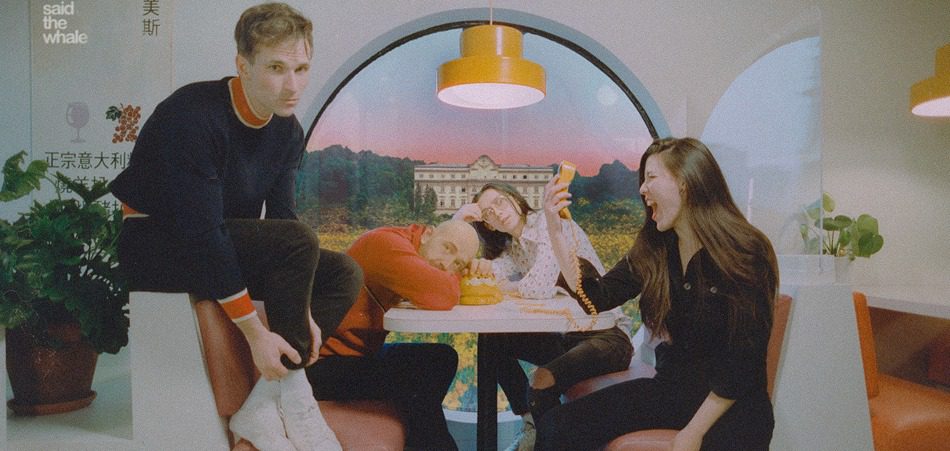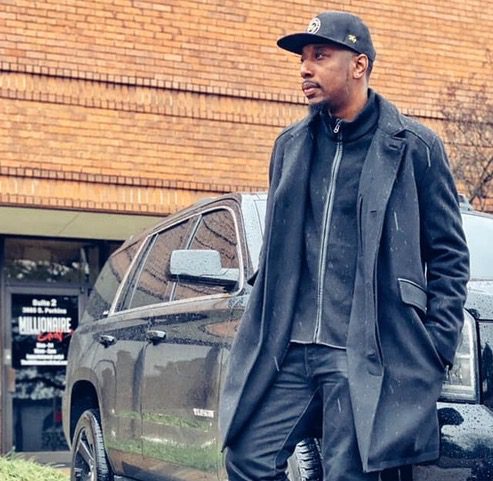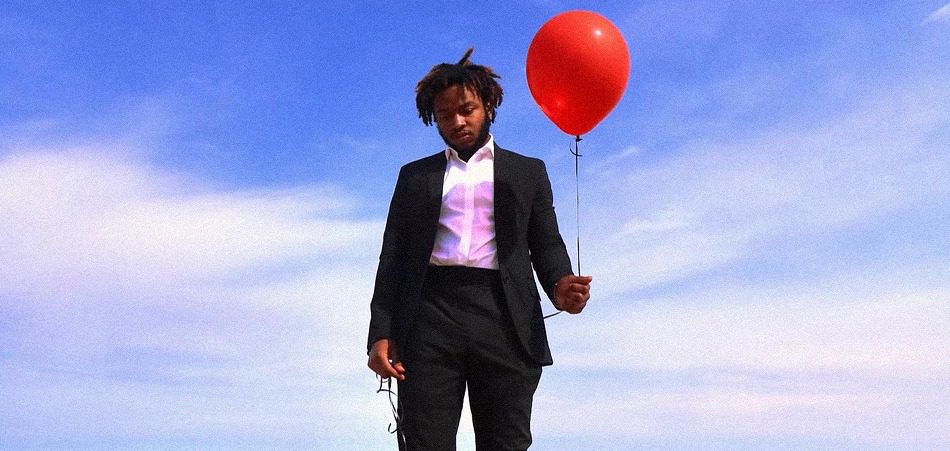As the video call comes into view on my screen, I’m greeted by a wall of equipment, neatly perched on shelves as unobtrusive as the contents they hold. In front sits André Allen Anjos, better known as RAC, the acclaimed producer and songwriter, comfortably settled in his home studio in Portland. “This is my childhood guitar I wrote all my original songs on,” he proudly tells me when I ask about his favorite instrument, prompting him to pick up an inconspicuous acoustic guitar. I don’t ask what model it is, because it’s clear that its origin isn’t what drew Anjos to it in the first place. It was the freedom which it represented—and swiftly granted him—from an early life spent much like we’re spending it now, in isolation.
His childhood roots date back to Portugal, where both his parents were missionaries, and where he often felt ill-fitted, both for the culture, language, and musical landscape. “There was no music. I could go to the music store and find major releases, but not anything I was actually interested in,” he admits as we delve into the influences that birthed his latest project and third LP, BOY.
After steadily building up his reputation as a remix artist for the better part of the last decade, landing himself a Grammy win in the process, Anjos’ initial transition into original material was welcomed perhaps a little cautiously with the release of his first album, Strangers. It was sweetened pop without the inevitable energy crash, but most impressively, it featured the vocals of admired artists we were pleasantly surprised by: Kele Okereke of Bloc Party, Tegan and Sara, and Tokyo Police Club to name a few. As the story goes, the album’s title came to be as a commentary on the recording process, which was completed virtually. To this day, there are still artists that he’s collaborated with that he admits to never meeting in real life.
2017’s follow-up, EGO, saw Anjos digging a little deeper with his sound, clearing away the sparkling tinsel to make space for richer reverbs and more prominent strings. “On the second record, I tried the opposite. I did a lot of in-person writing and producing,” he shares with me. “The dynamic changes when you’re in a room with somebody. You’re more hands off, you want to be more democratic about it.” Though the album enjoyed its share of critical acclaim, Anjos knew that his budding idea for a third record would need a certain level of necessary isolation in order to reach a full bloom. “One of the things I enjoyed about the first one was how it was written. The core—that essence of the song is important to be done in a vacuum. Let me just be alone, in a studio, have that moment. Then let me bring it to other people and have it be interpreted and changed from there.” BOY, so aptly named, seeks to explore childhood nostalgia, laced in memories of his unique early upbringing. “When I was writing this stuff, I was channeling these memories I had as a kid growing up in Portugal, [where] I was quite isolated socially, pre-Internet. I was forced to be creative, writing a lot of stuff on piano and guitar. I wasn’t trying to be cool, I wasn’t trying to be anything—it was a freeing time; it was pure creation,” he humbly professes before adding, “I’m trying to channel that, bring it into 2020 and try to make it relevant to myself today. It’s less of telling a story and more of tapping into a feeling. ”
RAC’s understated production style has long been the anchor keeping him grounded within his role as an artist. As an electronic producer, he periodically eschews the use of big room kicks or club-friendly drops. Instead, he coerces different sounds into little sentimental pockets of chiming synths and affectionate basslines. His latest project hopes to add in one more layer, featuring a horde of new voices in the tried-and-true formula. “Other than Jamie Lidell, I think that all of the vocalists on this one are younger than me,” he laughs as I point out the impressive use of emerging artists such as Gothic Tropic, Minke, and Luna Shadows. There is a certain level of playfulness to their tracks (“Sweater” and “Passion” being notable standouts), but it’s more muted than his Strangers debut. There is growth in BOY, sure, but it’s subtle. Like a whispering shadow passing through the backtrack, dropping little hints of youthful reverence and social acceptance.
As any treasured memory, it also enlists the help of old friends like Matthew Koma, now fronting his own Winnetka Bowling League band, and the gracious St. Lucia. Their respective tracks, “Oakland” and “Better Days” feel settled and familiar—perhaps a little too much. Anjos’ contemporary sound is best enjoyed when contrasted by a spirited voice, leading the charge rather than taking the back reins. His wishlist of collaborators is a prime example of such talents—James Murphy, Kimbra, and Caroline Polachek. The latter having had a lasting impact on his view of artistic growth: “Talking about artists progressing over time, [Caroline] is a good example of someone who continued to push and reinvent,” he points out in respectful admiration for the Brooklyn alt pop maven. Though BOY still struggles to completely reinvent the sound that put RAC front and centre all those years ago, it offers a soothing comfort desperately needed in a time of so much uncertainty. And even if the world wasn’t so clouded right now, I still like to think that this album would find its place in dark corners, shining a light for any who forgot how to simply flip the switch.
Connect with RAC: Spotify|Instagram|Twitter|Facebook


